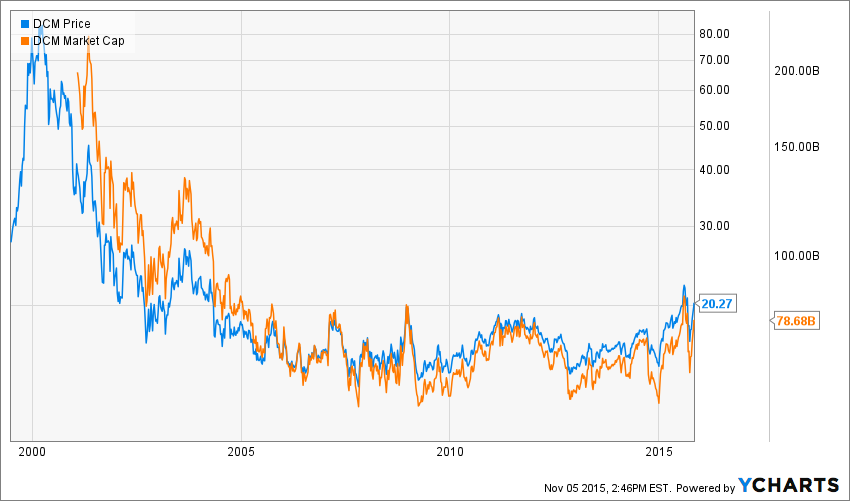The global financial Ponzi gets crazier by the day, and more often than not the mad men who run Japan Inc. are front and center. But even Japan’s whacko Prime Minister, Shinzo Abe, has outdone himself with the Japan Post Holdings IPO.
We could start with the fact that after trading up roughly 25% from the offer price in an apparent fit of patriotic mania, the holding company and its two subsidiaries were valued at $140 billion. Needless to say, that sporty valuation was not owing to the fact that Japan’s 24,000 unit postal savings system has experienced a sudden spurt of growth.
In fact, revenue has been falling for years, and net profits have been nothing to write home about. Indeed, the group’s offering release indicated an expectation that the net income of Japan Post Holdings would drop 23% to 370 billion yen in the year ending next March 31.
Stated differently, Abe & Co have foisted on Japan’s retail public, which got upwards of 75% of the shares sold this week, the vastly inflated stock of a dying public bureaucracy which by its own admission is now “earning” 33% less than it did in FY 2013.
And this wouldn’t be the first time.Back at the height of the dotcom bubble, the Japanese government sold the retail public 2.1 trillion yen ($18 billion) worth of shares in Japan’s wireless telecom services provider (NTT DoCoMo). In perhaps a foreshadowing of what comes next, the company’s implied total market cap of $220 billion at the time now stands at just $78 billion. That is, about $140 billion of bottled air was peddled to the Japanese citizenry.

Despite its insane overvaluation, at least DoCoMo was in an industry with a future. By contrast, the principle asset of Post Holdings is the Japan Post Bank, which is a relic of the Meiji Restoration created 1875.Needless to say, its millions of Japanese depositors are almost entirely over 65, and its President is an ex-BOJ bureaucrat who is, befittingly, 79 years old.
Nevertheless, the Post Bank alone was valued at $60 billion at the close of the first day of trading, representing 20X its most recent year net income of about $3 billion. But it’s no Goldman Sachs or even Citigroup. In fact, the Post Bank’s financial statement is a testament to the depredations of ZIRP, as it has been practiced in Japan for nearly two decades.















Leave A Comment